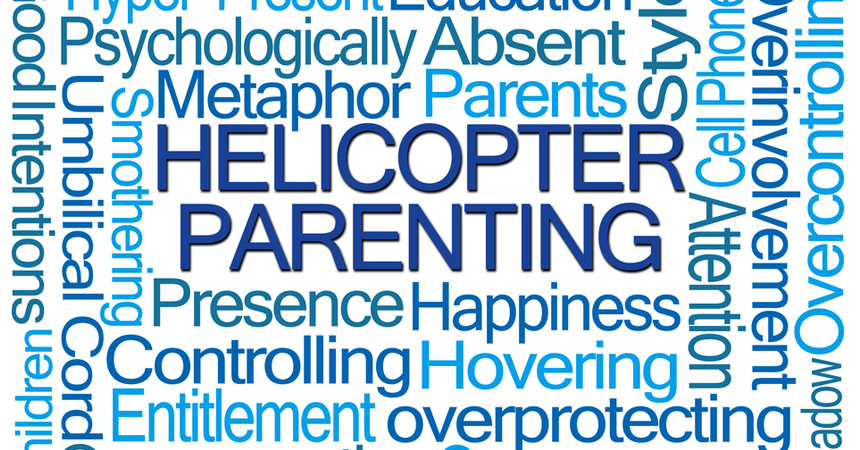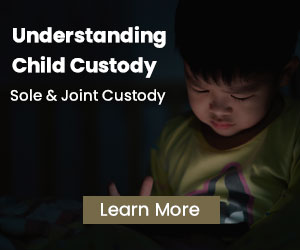5 Reasons Why Helicopter Parenting may be Harming your Child

Helicopter parenting is a term that comes up in 1969 in a book by Dr Haim Ginott. Over the years, the term was so popularly used that it became a dictionary entry in 2011. What exactly is helicopter parenting? It refers to a style of parenting where parents overprotect and focus too much on their children. Recently, the Ministry of Education (MOE) has released a series of helpful pictures detailing what exactly helicopter parenting is all about. That prompts many parents to rebut as they feel that their actions are justified.
Most helicopter parents start off with good intentions of staying engaged with the child. They want to show love, care and concern for the child by being available. Nonetheless, parents can easily cross the thin line of staying engaged to become a helicopter parent who allows fear to overrule sensible parenting. There are undesired consequences of helicopter parenting that will affect the child, and no parent will want their child to suffer such negative, unwanted consequences.
Here’s 5 reasons why you should stop being a helicopter parent.
1) Your child has lower confidence and self-esteem
Helicopter parenting backfires easily. While engagement builds a child’s confidence and self-esteem, over-engagement or helicopter parenting sends the message to the child that “my parent does not trust me to do this by myself” and that leads to a lack of confidence and self-esteem in the long run, negatively affecting the child as an adult in future.
2) Your child has an underdeveloped coping mechanism towards the stresses of life
When your child is used to having his parent cleaning up the mess which he has created in life, he relies on you for every single problem that he encounters. If his childhood is free from loss, disappointment and failure, he may develop an unrealistic view of life. That will cause underdevelopment in your child’s coping mechanism towards the stresses of life, which will greatly impact his life as he moves on to university and the working world.
3) Your child can develop anxiety issues
When you overprotect your child from the pains and disappointments in life, you naturally reduce his ability to overcome challenges and problems. This creates an unnatural sense of hopelessness and helplessness, resulting in your child to feel anxious and inadequate whenever he faces small challenges that he needs you to solve for him. As your child grows older, he will come to perceive challenges as something undesirable, and develop anxiety towards any form of challenges. Over a long period of time, these feelings of inadequateness can potentially lead to other forms of mental disorders such as clinical depression.
4) Your child lacks life and social skills
A child who is constantly having help with his simple daily activities such as packing the school bag, doing homework on time, tying shoelaces or clearing the dinner plates, even though he is capable of doing these chores, is unable to pick up new life skills that he needs as an adult. As a parent, your best gift to your child is to teach him important life skills that help him to manage as an adult. By doing everything for him, you effectively prevent your child from mastering these crucial life skills on his own. In addition, your child lacks social skills in interaction and communication if you choose his friends and control his interaction space with his peers. Over protection also prevents your child from becoming street smart and learning to avoid certain dangerous situations when he is older, as you shield him away from such situations that you deem are undesirable when he is a child.
5) Your child develops an unhealthy sense of entitlement
Children who live a life free from pain, disappointment and failure because their parents are consistently adjusting their lives, do not understand that life can be unfair once in a while. If you are constantly helping your child to live a pain-free life by shielding them from all sorts of disappointment, you risk raising a child with an unhealthy sense of entitlement as he become accustomed to always having his way. You risk damaging your child’s career and his adult life by creating an environment that encourages a sense of entitlement which he is not entitled to in the first place.
Therefore, act now before it is too late. Stop helping your child with everything and let him explore life as it is. Stay close, but not too close. Be a parent who is available, but not one who is steering the wheel of life on the behalf of your child.














